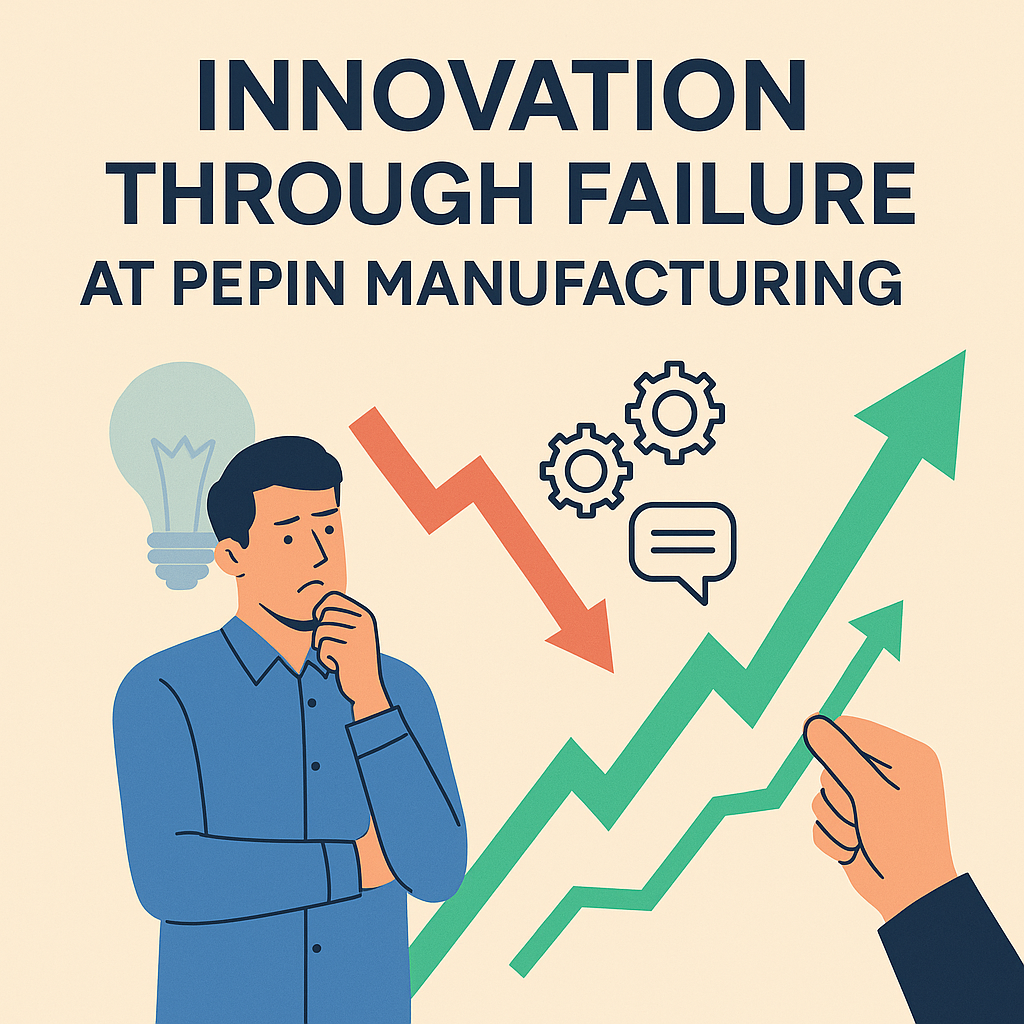Last Updated on March 22, 2022 by
Sustainability management will be one of the most important topics for companies and organizations in the coming years. It combines elements of environmental protection management, quality management, process management, risk management and innovation management. Companies should hire waste management recycling services to ensure sustainable and ecological management. Companies can have their sustainability management confirmed by ISO certification according to standards such as ISO 14001. The German Sustainability Code is somewhat broader. ISO 9001:2015 can also be used as a basis for the development of a sustainability strategy.
In this article you will learn how to set up a sustainability management, which questions need to be clarified and how you can have it certified.
Table of Contents
Why sustainability management?
Sustainability has been one of the typical buzzwords for years: The term has been used many times, everything was somehow sustainable, but companies have not really invested. This will change dramatically in the coming years. For example, the BaFin (Federal Supervisory Authority for Financial Services) has made sustainability mandatory for financial institutions. They are to write a sustainability report. If they do not do so, they must report corresponding risks on the balance sheet. Compliance with sustainability criteria will also become a factor in lending. Sustainability management is about to go from being a toothless tiger to a tool that provides companies and organizations with measurable benefits.
Advantages of sustainability management
Similar to, for example, the establishment of a quality management system or a knowledge management system, the establishment of a sustainability management system brings long-term economic benefits. These include, among others, the following:
Attracting new target groups as customers
More and more, customers are demanding information about the conditions under which and with which strategies companies offer products and services. Through sustainability management, companies achieve competitive advantages with these target groups.
knowledge base-build-example-servicecenter
Lower fluctuation and higher motivation
Companies with sustainability management demonstrably increase the motivation of their employees and create a working atmosphere that is performance-oriented, productive and pleasant.
Future-proof and consistency
Sustainability management software also pursues the goal of making the company sustainably successful, even if customer demands change or trends such as digital transformation present companies with new challenges.
Sustainability management is therefore not only – and this is a common misconception – environmental management. It goes beyond that. The main criterion for companies is to achieve a lasting and sustainable corporate success.
Establishment of a sustainability management system
In order to establish a sustainability management system, companies build up a management system that is similar in its basic features to a quality management system according to ISO 9001:2015: Among other things,
identify all factors and topics that are important for increasing sustainability,
list so-called “interested parties” (interest groups) whose influences companies are exposed to,
define sustainability goals and implement them in practice,
to anchor sustainability in the goals for individual employees and managers,
define opportunities and risks in terms of sustainability,
monitor and control sustainability successes, and
continuously improve the performance of the management system.
Companies that have established a quality management system, for example, do not need to establish their own parallel management system in order to establish a sustainability management system. This would most likely confuse employees in daily practice. This is where the implementation of a so-called “integrated management system” comes in handy. The International Organization for Standardization (ISO) has developed a so-called “High Level Structure”, i.e. a uniform structure of management systems. Whether you implement ISO 9001 in the field of quality management or ISO 14001 (environmental protection management), the structure is essentially the same.
Sustainability management could even be implemented with the help of a quality management system in accordance with ISO 9001:2015. If, for example, you make sustainability an essential core of your quality policy, your quality goals are based on sustainable corporate goals, you establish business processes to implement them and continuously monitor compliance with these goals, you have already established a sustainability management system – even if it is not called sustainability management.
Read also: 3 Chemical Waste Management Trends to Watch in 2022



























